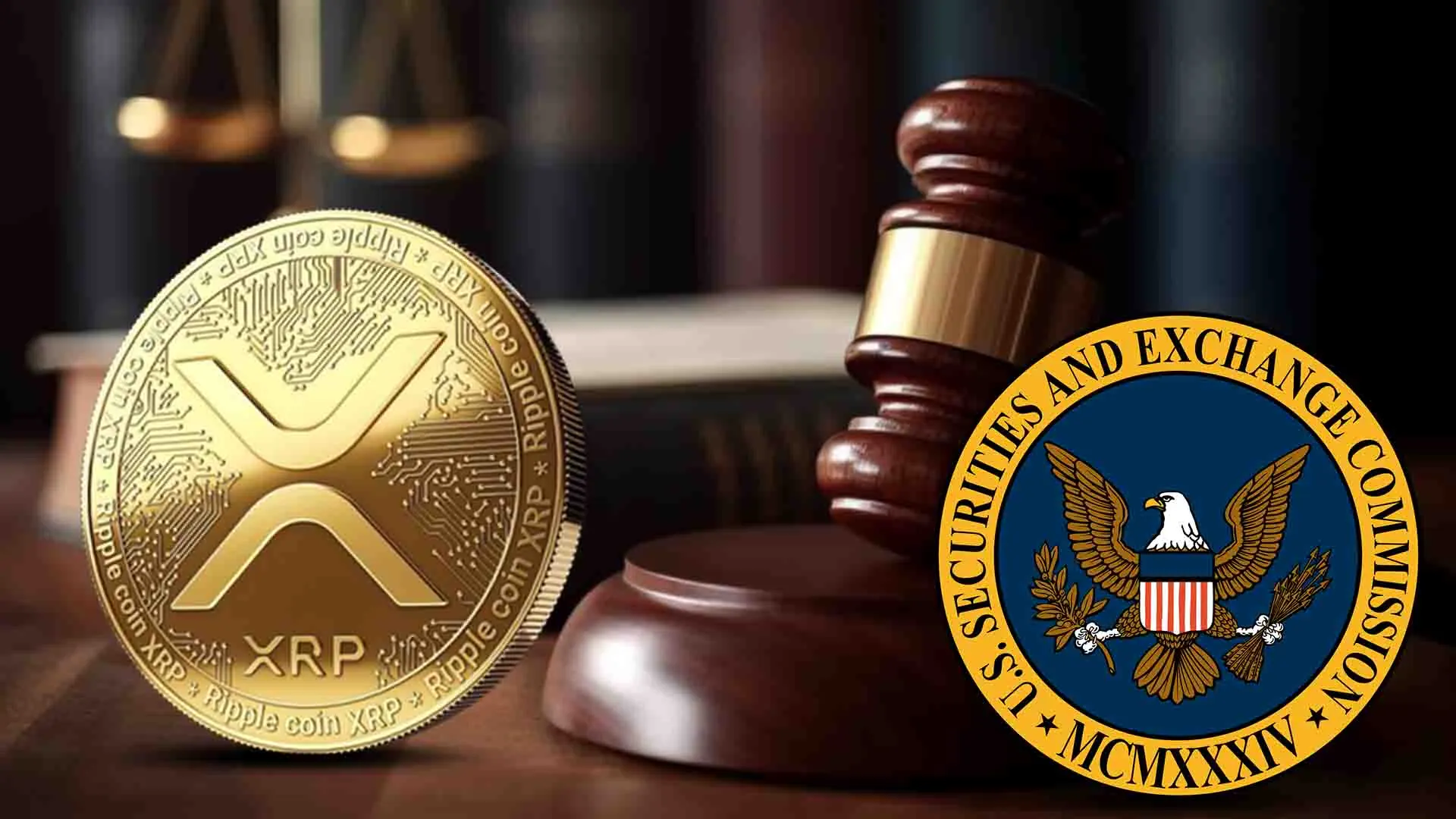Ripple’s ongoing legal battle with the U.S. Securities and Exchange Commission has entered a new phase following Judge Analisa Torres’s rejection of a joint motion. The decision keeps the lawsuit active, extending a case that began in 2020 and has already cost XRP over $2 billion in market value within 24 hours.
Attorney Fred Rispoli, a known Ripple supporter, weighed in on the latest development in a detailed post. Rispoli claims that the decision demonstrates that under new leadership, the SEC still applies old enforcement strategies employed by Gary Gensler.
Although Rispoli expected a change, he held that the agency had not demonstrated any signs of profound change in dealing with crypto regulation.
According to Rispoli, the court did not necessarily need to deny the motion, and it was indicative of residual animosity on the part of the court. He opined that the judge’s ruling could have been clouded either by anger that this case took too long to decide or by political interest.
He also reproached the two parties for not addressing the court’s concerns in their filings.
Also Read: Bitcoin Set to Soar as Dollar Crashes and Holders Refuse to Sell
Settlement Expected as Ripple Reframes Its Operations
Despite the setback, Rispoli remains confident that Ripple and the SEC are moving toward a settlement. He anticipates the case will conclude with a reduced fine of around $50 million and a mutual decision to drop the ongoing appeals.
SEC v. Ripple Update: This is a long post on my thoughts here but the TLDR is: “Welcome to the new SEC, for now more or less the same as the last one.” And: Ripple and SEC will settle the appeal for the reduced, agreed upon amount and leave the Torres judgment in place, while the… https://t.co/9y9o4M4uBW
— Fred Rispoli (@freddyriz) June 26, 2025
This would leave the original judgment by Judge Torres in place while avoiding further courtroom battles.
Ripple appears to be preparing for this outcome. The company has started referring to its past violations as “historic institutional sales,” signaling that it views those issues as resolved. This shift of language indicates that Ripple plans to dissociate its present-day business structure from the modes of operation that were already identified as violating the court.
Notably, Rispoli further explained that the injunction that was issued does not imply the trading of XRP over secondary markets. He indicated that the limitations will be relevant only when the SEC prefers to implement them, which is not likely to be the case with the current commission.
He further stated that the SEC could grant him waivers or exemptions that would remove all regulatory barriers associated with the injunction.
He further pointed out that ETF’s approval regarding XRP was not affected. Until Ripple stays open and willing towards its institutional sales, the SEC may be comfortable enough to permit the innovative use of a spot ETF without conflict.
Conclusion
Fred Rispoli’s analysis points to a regulatory agency that has yet to change its stance despite leadership turnover. However, Ripple appears positioned to move forward through a likely settlement and operational changes that align with regulatory expectations.
Also Read: XRP to Overtake Bitcoin? BitBoy’s Bold Claim Sparks Massive Debate
